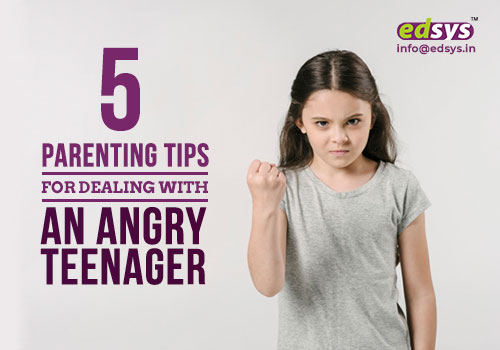When you want the best childcare facility for your kid, the options include formal centers, in-home facilities, and family care. No matter which option you pick, it is important to make sure that the place is best suited for your child.
There are 10 important factors you should know about to find high-quality childcare.
1. Security and Safety
First and foremost, you should find out everything about the security and safety of the place. Analyze the building in terms of its equipment, safety measurements and the quality of overall security. Don’t judge the security with respect to general guidelines. The arrangements should ensure the safety of children in that building. For instance, you can evaluate the entry authorization process. This way, you will know that your child is in a secure place.
2. Caring and Responsive Environment
High-Quality childcare provides a caring environment with the consistent availability of a caregiver. You can find out the quality of care by listening to the conversations between the caregivers and children. See if kids look happy and try hearing the sound of laughter. Spend some time to find out how responsive those teachers are towards children. Make sure they treat kids kindly and don’t ignore them. After all, you want your child to get a loving and caring environment.
You can also ask for caregivers’ credentials to understand how reliable they are for the job. A teacher with years of experience with kids will be a trustworthy choice.
3. Cleanliness
Cleanliness should be a priority when selecting childcare. You should ensure that all the caregivers follow hygiene guidelines such as washing hands from time to time, especially after eating and coming out of the restroom.
Know More: 24 very short moral stories for Kids
4. Welcoming and Respectful
Childcare should not be castle where parents can’t enter during the day. There has to be a welcoming environment, where you can visit anytime. This shows the transparency and trust they want to offer to parents. At the same time, the administration and teachers should respect your culture. If teachers aren’t respectful to your language and culture, it will also impact the care they offer to your child. So, it is better to avoid such facilities.
5. Engaging and Stimulating activities
Activities throughout the day should be engaging and stimulating for kids. Children need to feel interested in activities such as interactions, reading, exploring items. This depends on the abilities of the teachers as well as the environment created in the childcare. A colorful environment with puzzles, blocks, props, books and other items encourages children to indulge in activities. Space should be wide and open enough to help the kid to enjoy. Children should be able to safely run, climb and throw balls in the available space.
6. Steady Availability of Staff Members
Trained adults should be available all the time when your child is there. Each child should receive proper attention. This is a matter of care and safety as well. One caregiver should handle not more than 4 infants. Also, a caregiver should only get 7 two-year-old or 10 preschoolers.
Also, inquire about the steadiness in their availability. If the staff members keep on leaving frequently, then, it is not a good sign. Your child won’t be able to make a steady relationship with his/her caregiver.
7. Qualified and Experienced Caregivers
You want qualified caregivers and teachers, so feel free to ask for the proof of qualifications. The director, teachers and caregivers, all are responsible for your child’s care. You should ensure the highest standards by letting only qualified people handle your kid.
Standard qualifications in childcare facility include child development training, teaching expertise and others. The teachers should also have the ability to prepare daily schedules and implement it without putting any pressure on children.
8. Communicative Relationship with Parents
A childcare administrative staff should have a communicative relationship with the parents. Caregivers and parents should interact with newsletters, phone calls, and direct communication. You should receive daily notes from the staff and also get to learn about their programs via conferences and meetings.
You can also ask for a handbook of policy, which the childcare facility follows. There has to be a policy book and the policies should align with your desires regarding your child’s care.
As parents, you should also show eagerness to learn how they operate and how they aim to upgrade their facilities with time.
Know More: 10 Healthy Drinks Besides Water
9. Recommendations and Trust
Nothing beats the evaluation provided by the parents who have used the childcare before. Try and find references from parents. Many childcare facilities provide contact information about enrolled parents to help you interview them and understand the quality of the facility.
You can also, find them on social media to discuss your concerns. This will offer a chance to have an impartial conversation about the quality of childcare your kid can receive.
10. Your own Intuition
Your own intuition and gut-feeling matters. Even after all the analysis and evaluation, it is possible that you don’t feel satisfied with the available options. No problem! Keep looking until you find trustworthy childcare to take care of your kid.
Follow this 10 things and you will comprehensively evaluate childcare facilities for the ultimate selection.




